The death of the great actor James Earl Jones, at the robust age of ninety-three, has been marked with tributes from every walk of society, not least the acting profession. There were many remarkable things about Jones’s career, from his being the last surviving member of the cast of Kubrick’s Dr. Strangelove to his many and varied Shakespearean roles, all of which he excelled in (save, perhaps, Mark Rylance’s misguided attempt to cast him as a superannuated Benedick in Much Ado About Nothing at the Old Vic in London in 2013, which was critically ridiculed). Yet the reason why he has a fame and repute far beyond just about any other actor of his generation is simple: he was the voice of Darth Vader.
If truth be told, most of the lines that Vader delivered in the Star Wars series do not look particularly impressive when written down; including, yes, “I am your father.” The reason why the character remains one of the most iconic screen villains ever conceived is partly through the sheer presence that English actor Dave Prowse brought to the role, but even more so because of Jones’s inimitable basso profundo, which rumbled away to iconic and endlessly impressive effect. Although Jones voiced the character, off and on, for nearly forty years, it is testament to his essential humility that at first he refused to be credited, reasoning that his contribution was only minor in comparison to his co-stars. Virtually everyone involved in Star Wars, and the billions of fans of the series, would beg to differ.
Jones, however, was so much more than a voice actor, although, for a younger generation, his Mustafa in The Lion King, in both animated and live action incarnations, would run Vader close for instant recognizability. His Shakespearean performances on stage were magnificent — he was a particularly fine Othello — and he brought much of this gravitas and stately dignity to many of his on-screen roles; I have a soft spot for his Admiral Greer, which he played in all three of the Nineties Jack Ryan roles, and did so with wry humor and effortless authority. For some reason, he became associated with sports films, too, with his parts in Field of Dreams and The Sandlot being all-American in both their scope and their writing; as he says in the latter, “Baseball was life, and I was good at it.”
He took on challenging, complex parts in film as well as avuncular ones, too. Jones was Oscar-nominated for his performance in the 1970 picture The Great White Hope, in which he played real-life boxer Jack Johnson (renamed Jack Jefferson in the film) and excellent in the political drama The Man, which imagined his being the first ever African-American president of the United States. He showed his versatility in everything from epic villainy (Conan the Barbarian) to broad, irreverent comedy (Coming to America) and, by 2002, was such a universally beloved figure that then-President George W. Bush was driven to remark, “People say that the voice of the president is the most easily recognized voice in America. Well, I’m not going to make that claim in the presence of James Earl Jones.”
Even if he might be best remembered for a villainous role (albeit one that ended in redemption), there was something reassuring about James Earl Jones, a sense of decency and authority that gave him a gravitas that few other actors could ever come close to reaching. He, and his remarkable voice, will both be sorely missed.



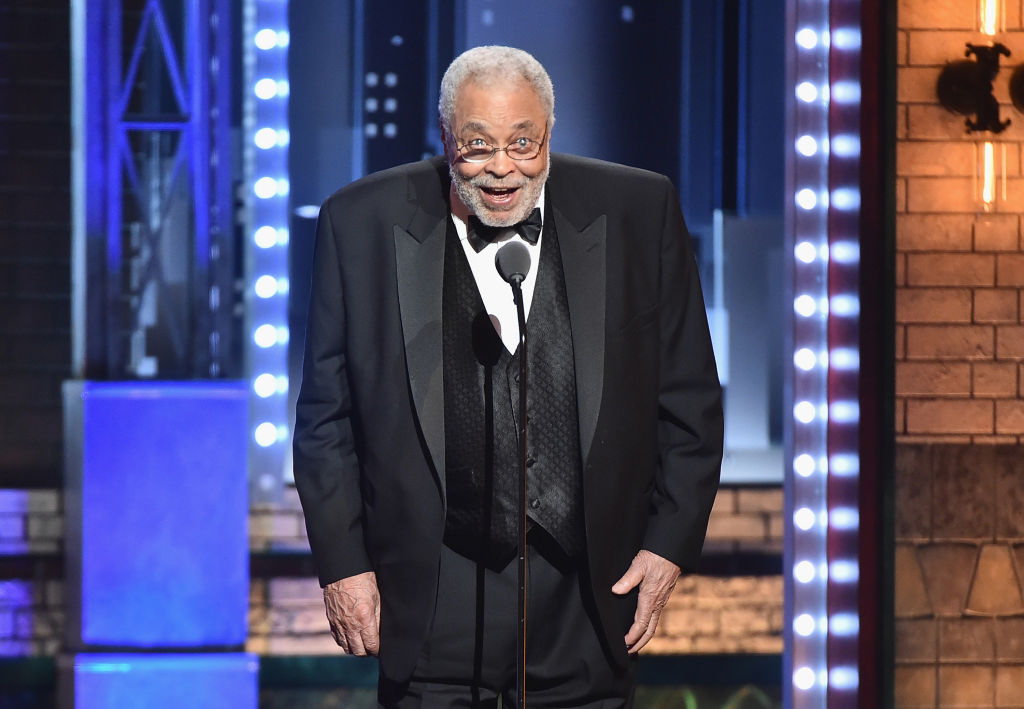






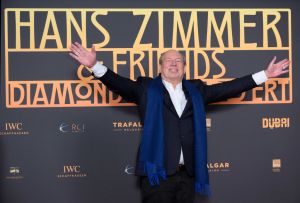
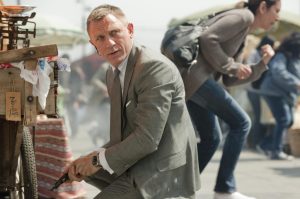
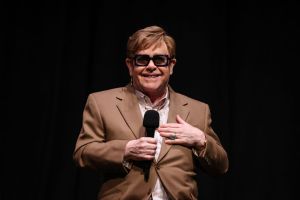
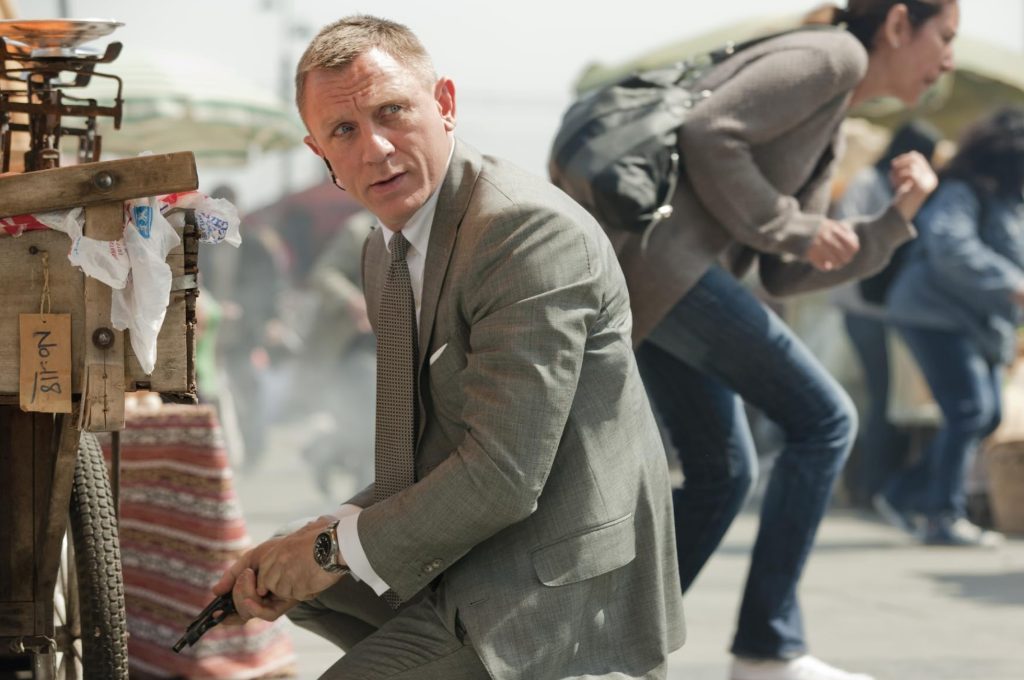

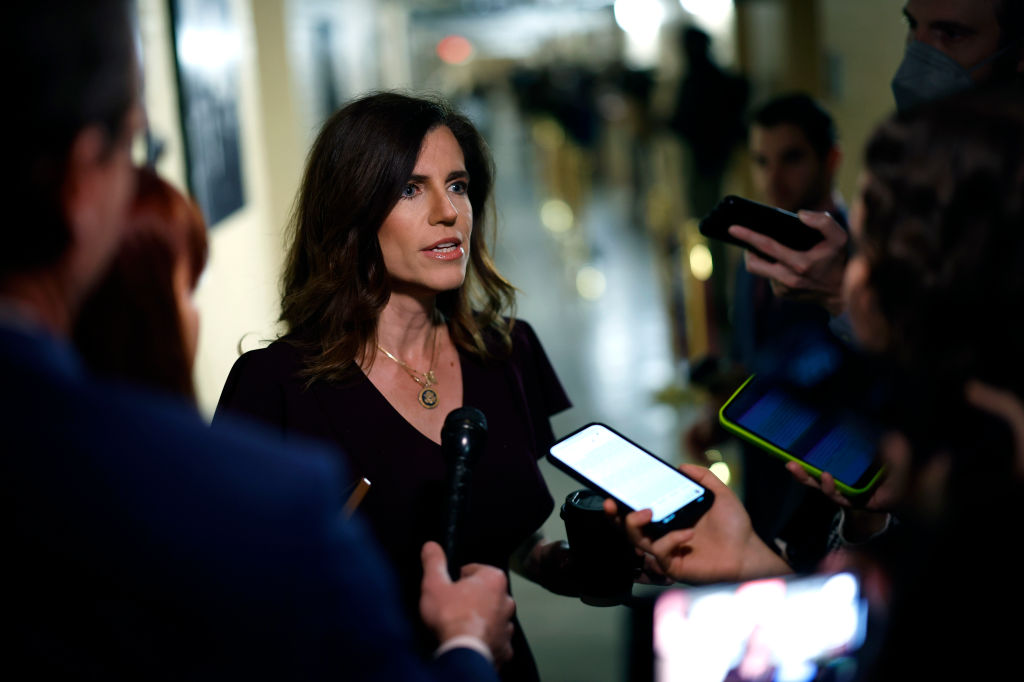
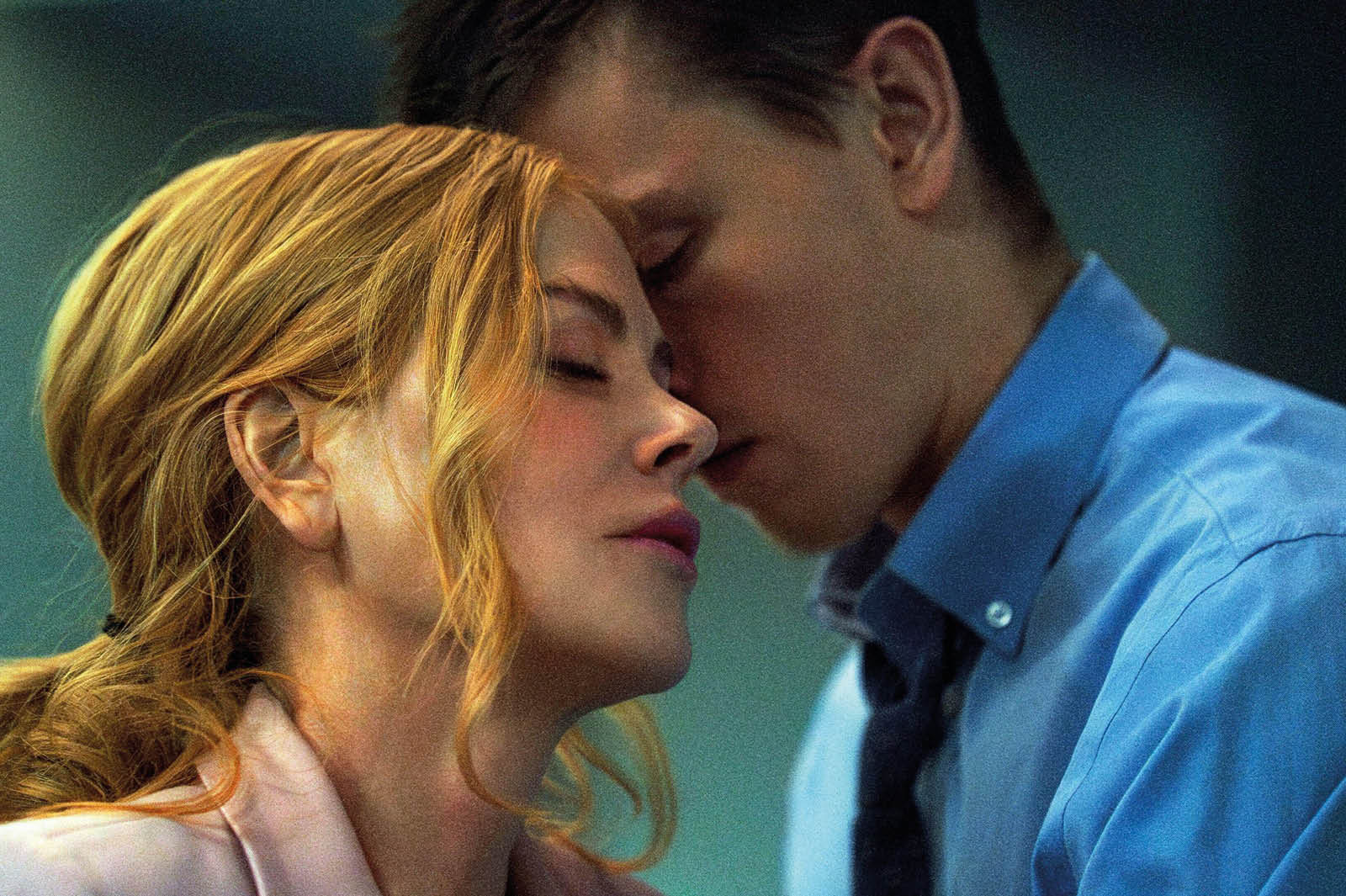
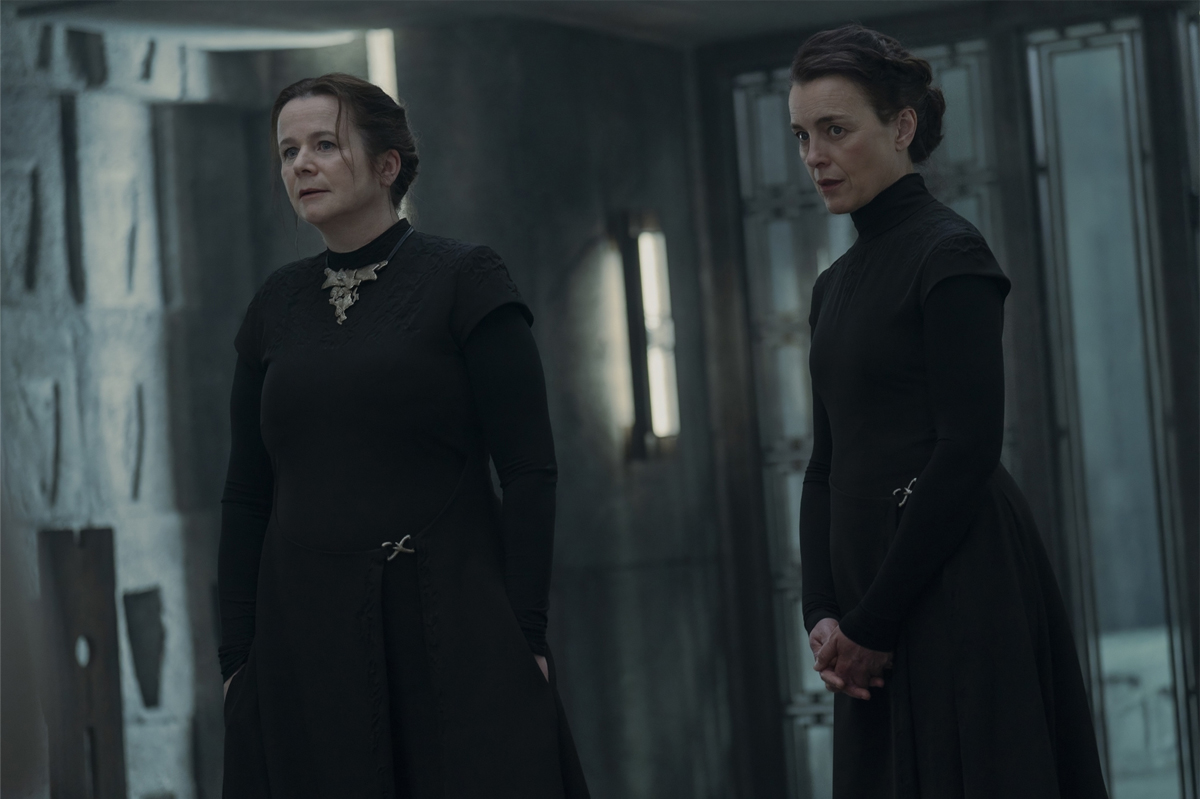








Leave a Reply